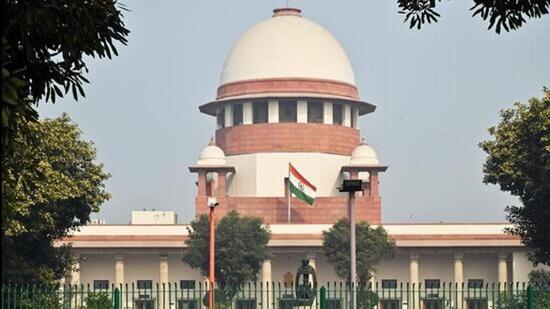Supreme Court warns ECI on citizenship checks, flags ‘trust deficit’ in Bihar voter roll purge
By Administrator | National | 12-Aug-2025 21:12:38

News Story
In a charged hearing on August 12, the Supreme Court held that while the
power to confer or revoke citizenship lies solely with Parliament, the Election
Commission of India (ECI) can — and must — ensure that only citizens are
included in electoral rolls and non-citizens are excluded.
Presiding over petitions challenging the ECI’s
Special Intensive Revision (SIR) in Bihar, Justice Surya Kant said the
litigation “largely” appeared to be “a case of trust deficiency,” as
petitioners accused the poll body of an unprecedented mass deletion of voters
ahead of the state’s elections.
The bench, also comprising Justice Joymalya
Bagchi, questioned the existing norm that allows prospective voters to enter
the rolls simply by filing a self-declaration of citizenship, warning it could
lead to legal complications. The court said the ECI is empowered to verify such
claims — and cannot rely solely on declarations.
Senior advocates Abhishek Manu Singhvi, Kapil
Sibal, and Prashant Bhushan alleged that the SIR had become a citizenship test
in disguise, with five crore voters nationwide at risk of presumptive
exclusion. In Bihar alone, activist and psephologist Yogendra Yadav said, 65
lakh names — disproportionately women — had already been struck off, bringing
down the state’s eligible adult voter percentage to 88%.
Petitioners claimed the deletions targeted
those already on the rolls since the 2003 revision without due procedure, and
criticised the ECI for making draft rolls unsearchable online after August 4,
forcing citizens to rely on political party agents for verification. The ECI,
represented by senior advocate Rakesh Dwivedi, dismissed the claims as speculative
and urged the court to allow the revision to conclude.
Justice Kant stressed that if the court finds
the process unlawful, it can be overturned even in September — regardless of
election timelines. “If they declare five crore people invalid, we are sitting
here,” he said.
The case will be watched closely as it touches the nerve of both electoral integrity and mass disenfranchisement fears, with the Supreme Court poised as the final arbiter between the poll body’s powers and citizens’ rights.